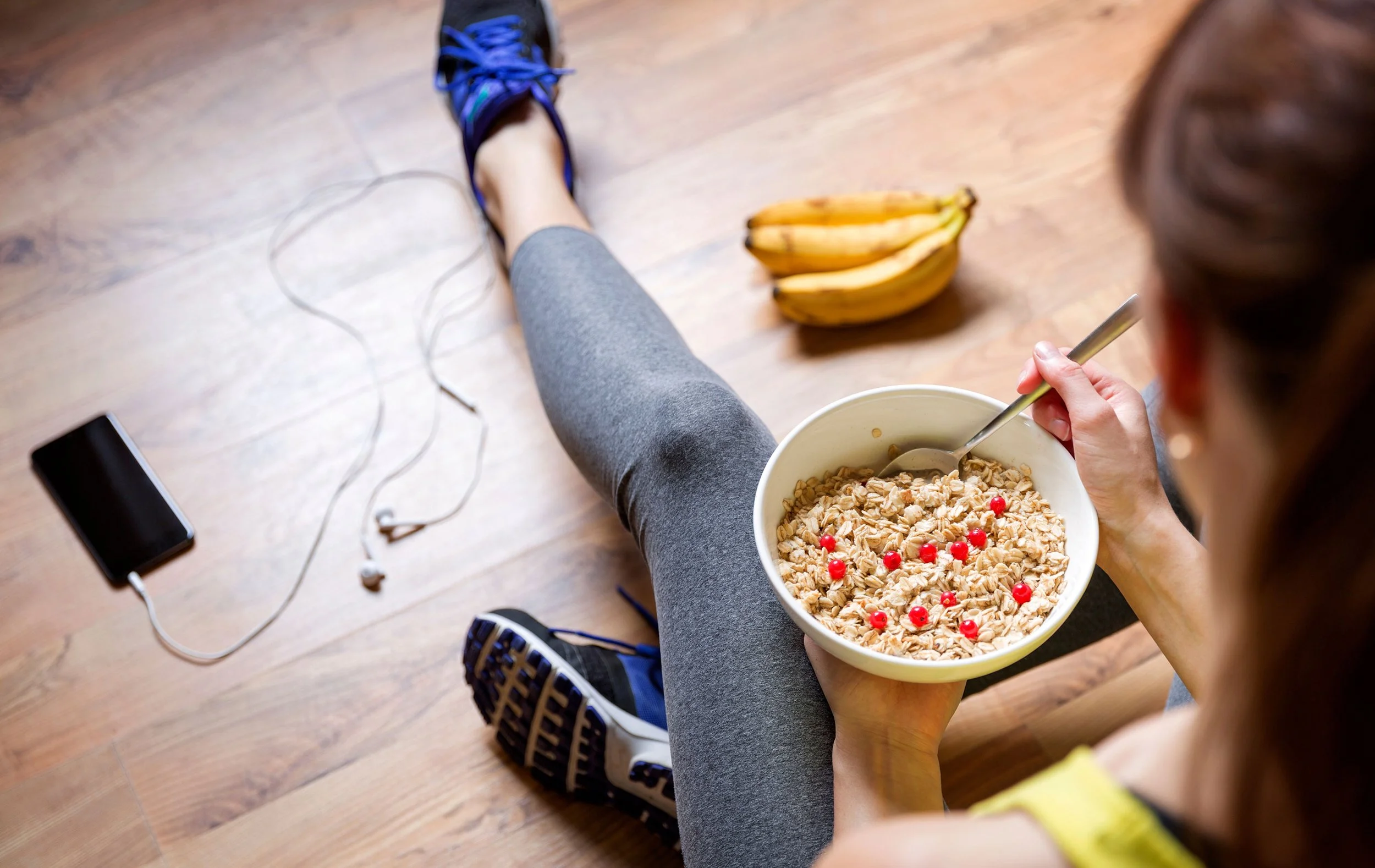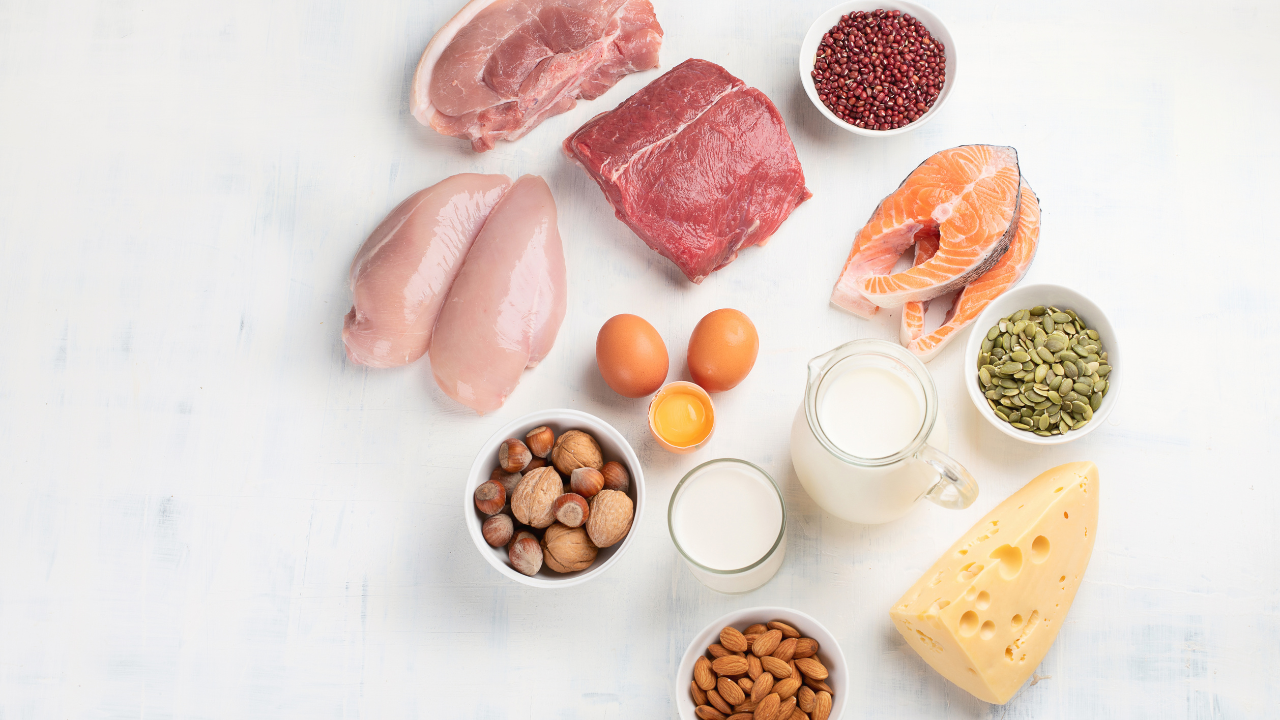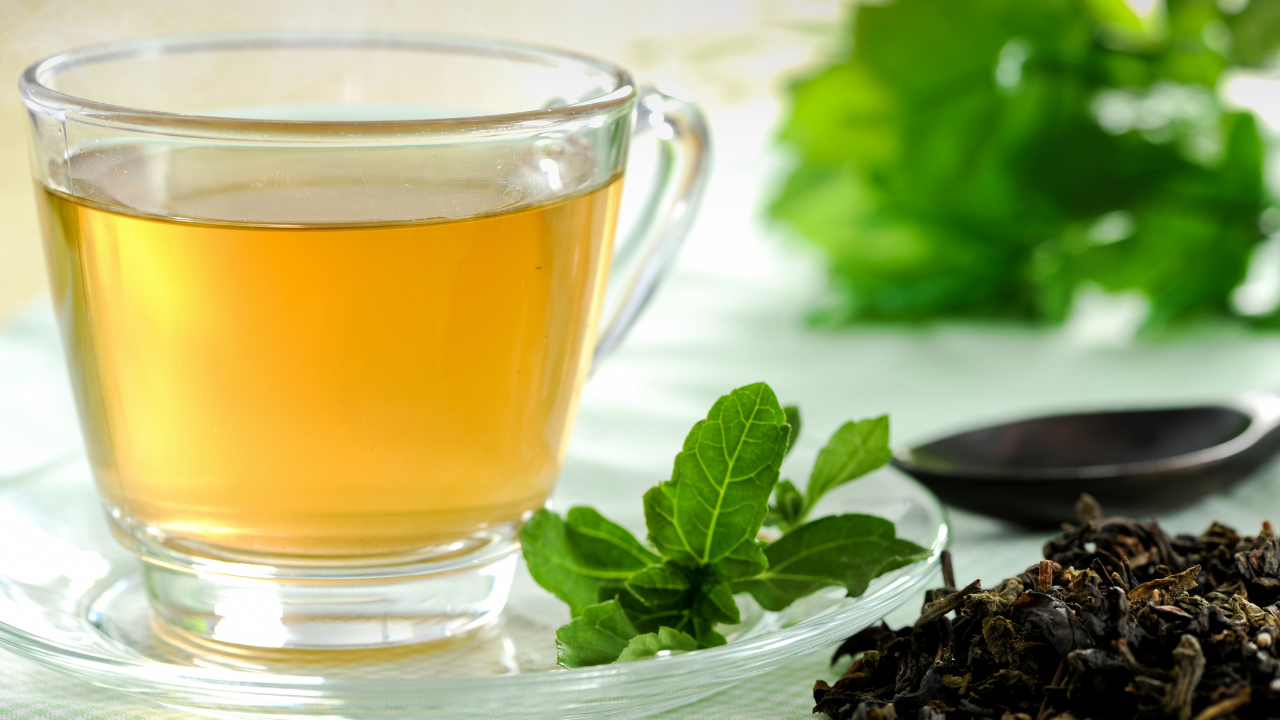Can Certain Foods 'Boost' Your Metabolism? Here's What the Science Says
Wondering how to ‘boost your metabolism’? And perhaps you’re wondering if there are any specific foods you should be eating?
Let’s get into what metabolism actually is, what impacts it, and how you can support it through food and lifestyle changes based on the current evidence.
What Is Your Metabolism?
Metabolism is considered as the entire group of processes in a living organism, which constitutes the two processes of anabolism (building up) and catabolism (breaking down). In simple terms, metabolism is the amount of energy (calories) the body uses to maintain itself (aka keep you alive!).
What Affects Your Metabolism?
Your body’s rate of metabolism is determined by many factors including:
Body size (weight, height)
Age
Sex
Genetic makeup
Medical conditions
Can Foods Boost Your Metabolism?
I get asked frequently if there are any ‘foods’ that boost metabolism.
The most common ones you may have heard of include green tea, black coffee, hot chilli peppers, some spices and energy drinks.
While some of these may very modestly increase metabolism, they may not appear to have a significant long-term effect on your weight or how you burn off energy. Moreover, further research is needed to be done.
How Can We Support Our Metabolism?
However, outside of the factors we can’t control (i.e. age, sex, genetics), here are some factors we do know that SUPPORT your metabolism…
BODY COMPOSITION
Having a higher muscle mass naturally increases our basal metabolic rate, or BMR, which is the amount of energy/calories our body burns at rest. To increase muscle mass, we want to be engaging in resistance activity (exercise that puts stress against our muscles and helps them to rebuild strong), and of course supporting growth with good nutrition.
Want a step by step guide to meet your body composition goals?
Snag one of my body composition meal plans - includes targeted macro ranges, handpicked recipes & grocery list to optimize your metabolism + fitness!
SLEEP HYGIENE
We know that adequate sleep on a regular basis helps support our hormones to work in harmony. Research has shown that poor sleep can contribute to metabolic dysregulation. Even one night of poor sleep can reduce our insulin sensitivity (how our body uses and responds to glucose) and increase blood sugars. Longer sleep deprivation may also result in increased inflammation, which may contribute to a disruption in our metabolism.
ADEQUATE PROTEIN
Consuming food requires energy for us to break it down (known as the ‘Thermic Effect of Food’ or TEF), and we know that protein causes the largest rise in TEF . It increases your metabolic rate by 15–30%, compared to 5–10% for carbs and 0–3% for fats. Not to mention protein helps us to feel satiated. While we of course need all nutrients in balance, consider adding in extra protein to your meals and have it spaced out throughout the day to keep up your energy & support your metabolism.
Include at least 1 protein-rich food at meals & snacks, such as:
Lean meats & fish: turkey, chicken, canned tuna, salmon, white fish, shrimp
Low-fat dairy: Greek or skyr yogurt, babybel cheese, cottage cheese
Eggs
Legumes: beans, chickpeas, lentils
Soy products: soy milk, tofu, tempeh, edamame
HIGH INTENSITY EXERCISE
We do know that engaging in high-intensity interval training (aka short bursts of activity followed by intermittent periods of rest) has shown to keep metabolism elevated past the time you’ve completed the activity. This can be great as these exercises are often short, and it doesn’t take much to add a 15 or 20-minute HIIT workout into your day.
However, if you have concerns with hormone imbalances, stress burnout, or PCOS (Polycystic Ovarian Syndrome), too much intense activity may not be beneficial in your case and make things worse. So consider increasing intensity of exercise under the advice of a trained professional.
COFFEE & TEA
Well, there is one special food and it’s coffee and tea. In particular, green tea has been shown to have some benefit. Research has shown that caffeine and green tea intake have a thermogenic (aka heat-producing) effect, thereby causing a modest increase in metabolism.
However, given caffeine’s impact on sleep quality, more is not necessarily better, so stick to under 400mg of caffeine (or around 3 small coffees) per day to make sure you are supporting your sleep.
Conclusion
As you can see, there are many factors that can impact your metabolism. While some foods may help support it, there are no specific foods that can strongly BOOST metabolism.
Want to fuel your activities, increase your energy, support your metabolism and feel GOOD around food? Apply for my 1:1 fitness nutrition coaching program and let’s get you on the road to vibrant health & fitness!
For more fitness, metabolism and wellness tips, be sure to follow along with me on instagram at leighmerotto_rd.









